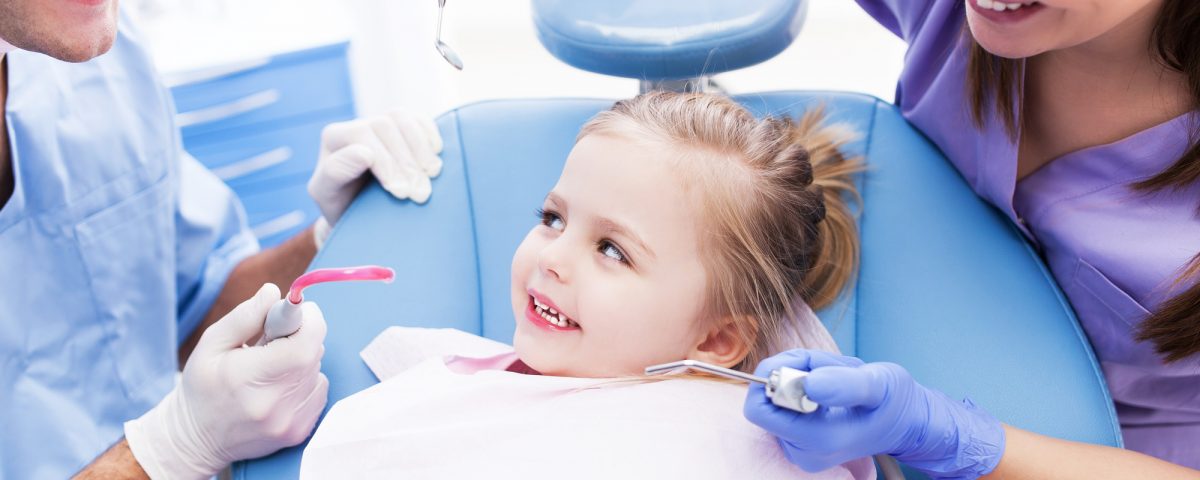Forming habits young: how going to the dentist as a child can set you up for a healthy life

By Dr. Gautam Herle, BDS, MDS, principal dentist at Myers Street Dental Clinic, Geelong
Recently, I discovered an article published by Psychology Today, which said a study out of Brown University has concluded that “routines and habits in children, including household chores and responsibilities, are unlikely to vary after the age of 9.”
The crux of it is: if you get your kids started on something early – in the case of the article its focus was on household chores – it’ll become a habit and something they’re less likely to resist.
Now, the key difference between a habit and a routine is that a habit is something we do regularly and repeatedly. Routines are a regular way of doing things in a specific order. While habits recur with little or no conscious thought, routines require a high degree of intention and effort. Most smokers don’t consciously decide they’re going to have another; there’s a chemical compulsion driving them to do it.
Every habit starts with a three-part process in a psychological pattern called a ‘habit loop’. There’s a trigger which tells your brain to go into ‘automatic mode’ and let a behaviour unfold. That’s followed by a routine, which is the behaviour itself. The process ends with the reward: something that registers in the brain, reminding it that the experience is a good one, and reinforces the habit loop in the future.
Combining the Brown University findings, and the idea of how habits are formed is a great way to get your kids in an ongoing positive mindset about the importance of dental care.
How important is it to get kids into good dental habits?
Good oral hygiene habits for kids isn’t too different from adults’ oral hygiene habits – brushing teeth at least twice a day, flossing daily, cutting down on sugary food and drinks, and maintaining regular dental check-ups. While many adults understand the importance of healthy teeth and gums, kids will need some extra encouragement.
Good habits start young. By caring for kids’ dental health at an early age, you can help instil habits that can last a lifetime.
What difference can flossing make in the long run?
Getting into the habit of flossing every day is difficult if you’re an adult with a lifelong history of NOT doing it. Remembering to include the flossing as part of your daily tooth brushing routine is a hard habit to get into once you’re over 30. Flossing helps to remove food debris and bacteria from the areas that brushing cannot access. Regular flossing also disrupts the bacteria from turning into plaque. When plaque is left unremoved, it can harden into tartar. Daily flossing will help to remove plaque from between your teeth and prevent tartar formation at the gum line. It can help prevent bad breath, while keeping it fresh and keeping your teeth free from unsightly food particles. And, at the end of the day, it’s more effective than brushing alone.
It can take anywhere from 18 to 254 days for a person to form a new habit. The earlier you start, the easier it’ll be. And the smile you’ll have is the reward. If kids learn at an early age how to take care of their teeth, they’ll continue those good habits into adulthood. Good habits can help prevent serious issues – such as cavities, damage to your teeth and other things you’d rather avoid. Teach your kids the essential oral health habits and they’ll enjoy healthy teeth for a long time.
